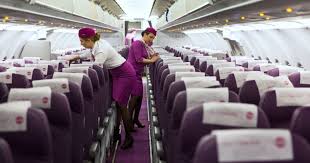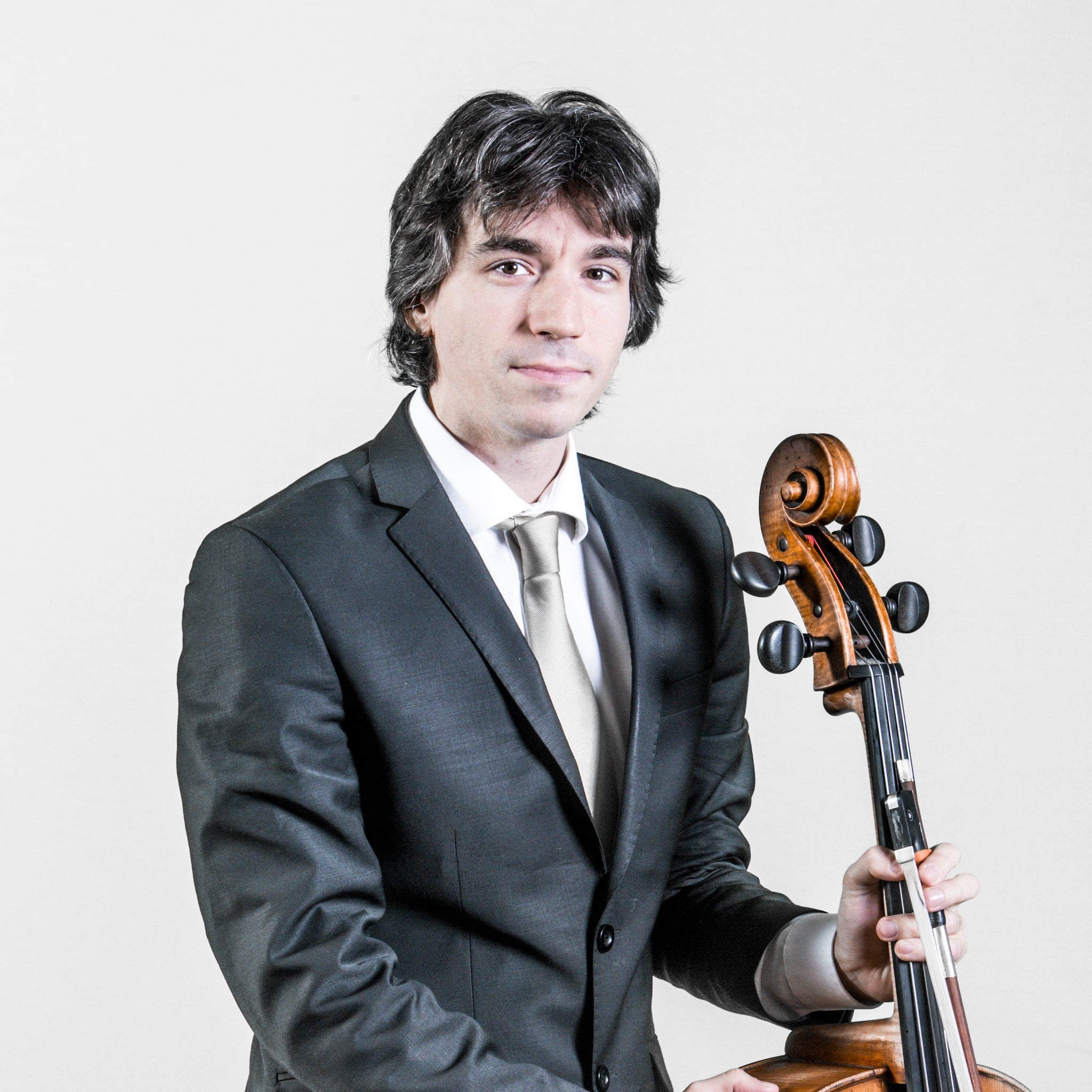After the lockdown (6), the touring will stop
mainEarly this week, the US Treasury Secretary Steve Mnuchin said no-one’s flying anywhere for leisure any time soon.
Mnuchin says it’s “too hard to tell” whether international travel will resume this year. “Our priority is opening up the domestic economy. Obviously, for business people…there will be travel on a limited basis. But this is a great time for people to explore America.”
— Kaitlan Collins (@kaitlancollins) May 4, 2020
At the end of last year, I published a piece arguing the flying orchestras around the world does very little good to anyone and a great deal of harm, not only to the planet but to orchestras themselves. You can read it here.
That warning has been sadly fulfilled. Nobody’s going on tour this year, and there will be no funds (or flights) available for orchestras for quite a while after. Many airlines will go out of business.
So how do festivals function in future? And how do orchestras fill the gaps in their schedule if nobody’s paying them to play abroad?

On the positive side, musicians have been complaining for years about maltreatment by airlines and the misery of airports.
There are different options out there.
Start thinking now.
Previously in the series here.





Comments